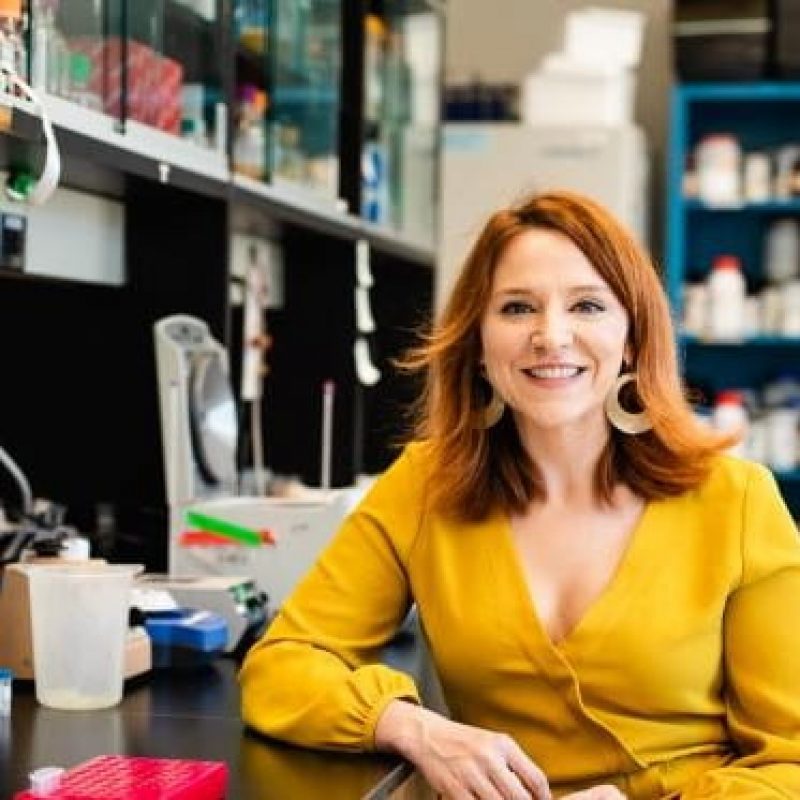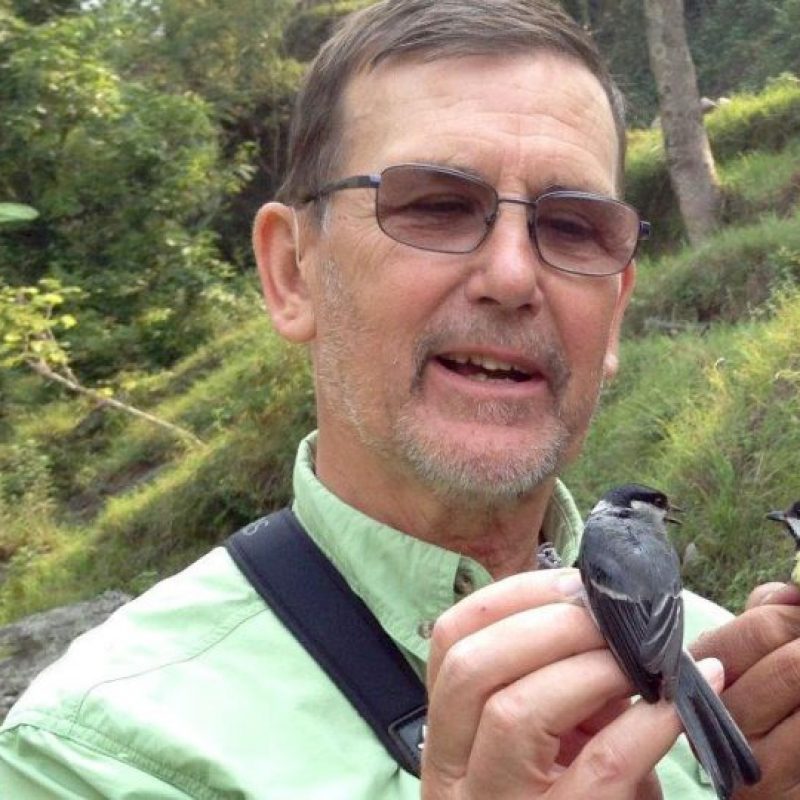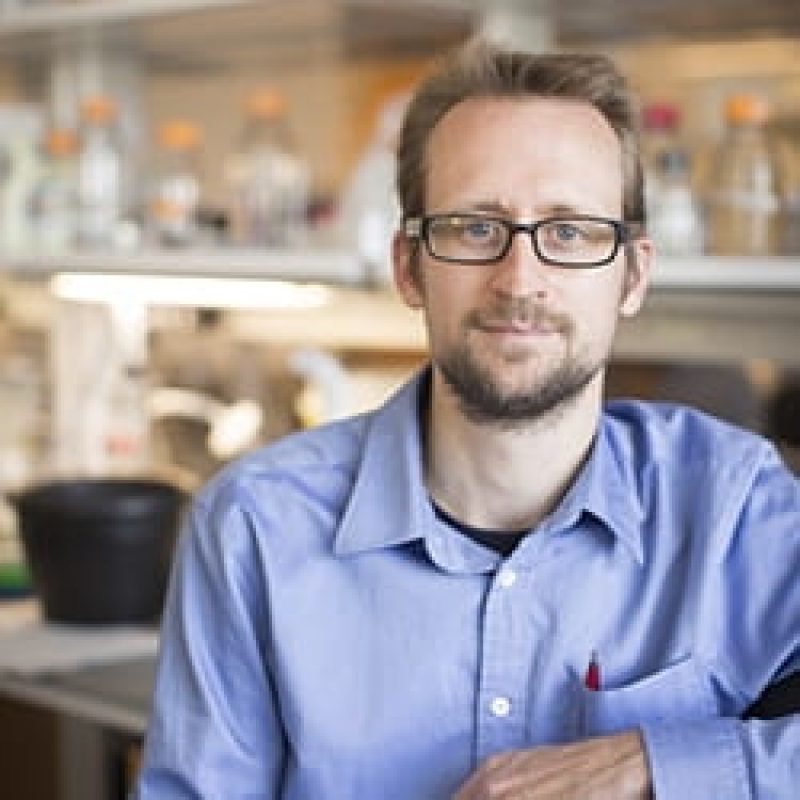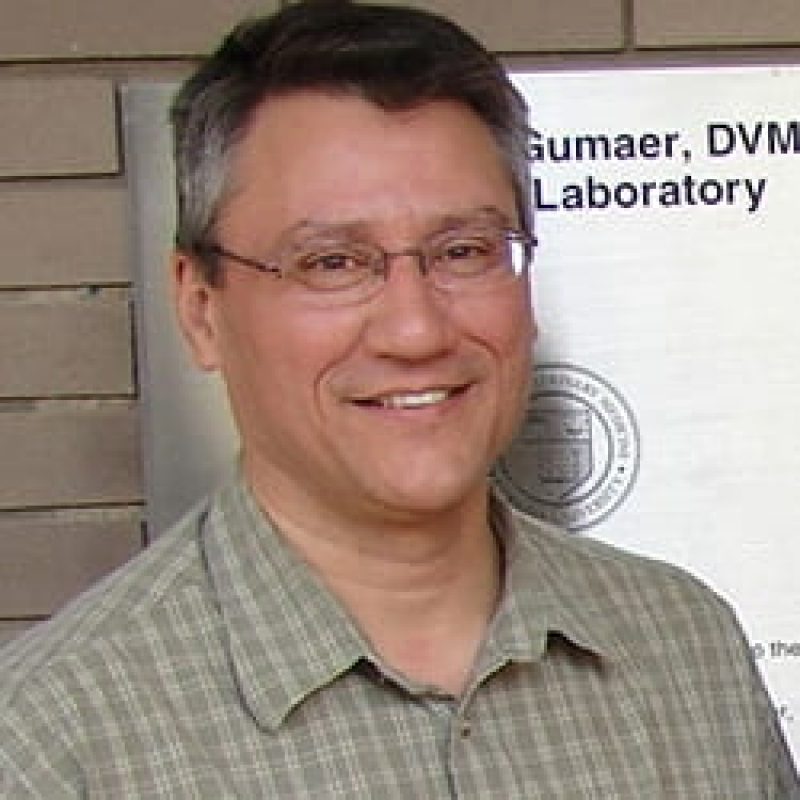Roles:
Faculty
Research Areas:
Animal Hosts, Disease Ecology and Evolution, Genetics, Genomics and Cell Biology of Infection, Viruses
We study emerging arboviruses and other ssRNA+ viruses. We work on understanding the interactions between viruses and its hosts. Our research aims to improve our knowledge to ultimately promote global preparedness through proactive measures of prediction, surveillance, prevention, and treatment.
Our lab focuses on emerging ssRNA+ zoonotic mosquito-borne viruses, such as chikungunya and dengue, which pose growing global health risks due to urbanization, international travel, and climate change-driven shifts in mosquito populations. These viruses cause illnesses with symptoms ranging from fever and myalgia to severe encephalitis and chronic arthralgia. We aim to uncover viral emergence mechanisms, identify host factors influencing viral replication and transmission, and deepen our understanding of viral RNA and host interactions, ultimately enhancing preparedness and response to epidemics and pandemics.
Read more about Rafael Kroon Campos









